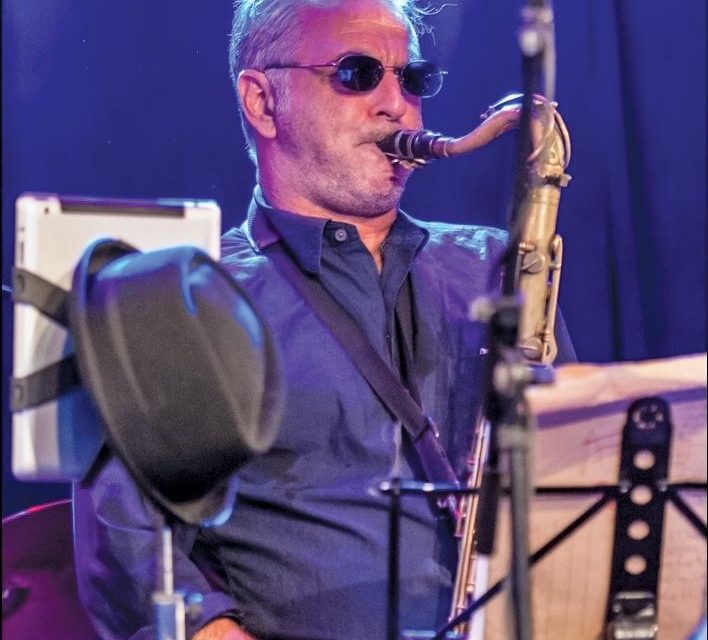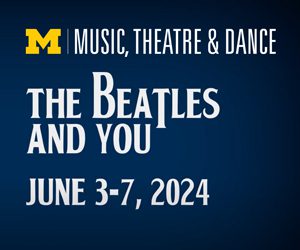In 1939, a remarkable twenty-one-year-old bassist named Jimmy Blanton joined the Duke Ellington orchestra and forever altered the way his instrument was used in jazz. Building on earlier innovations by New Orleans precursors, he effectively reinvented the bass as a solo instrument. In the two years of his life that remained, Blanton recorded a small number of duets with Ellington at the piano that stand at the vanguard of a tradition that remains vital to this day: a bass player and another instrumentalist, without supporting drums, creating music in which both musicians participate as equal partners.
Over the decades since, many others have exploited those possibilities. The lack of drums opens the sound landscape and allows the musicians to create rhythmic propulsion all on their own. Two artists who have thrived in such a context are saxophonist and clarinetist Avram Fefer and bassist Michael Bisio. Over the years, they have played together in various combinations, from large ensembles to trios, but their duet performances provide unique opportunities for revealing artistic interaction.
Both are busy musicians who work in a broad range of musical styles. Fefer is a well-trained player who spent some time in Paris before settling in New York. While in Europe he played in traditional modern jazz groups but also explored more revolutionary sounds with Archie Shepp, Sunny Murray, and others and became interested in various forms of African music. In New York, he continued working in different musical styles, while also collaborating with theater directors, filmmakers, and sculptors.
Bisio started life in Troy, New York, but developed his skills on the West Coast, where he studied instrumental technique and composition with new music masters Stuart Dempster and William O. Smith. He expanded his experience on the Seattle experimental scene until he moved to New York over a decade ago.
While he has played in innumerable groupings and excelled as a composer for his own units and for several films and theatrical productions, Bisio seems to thrive in duos. He and Fefer are well matched, and their wide-ranging musical interests and years of playing together in various groups inform their collaborations. Fefer plays many reed instruments but mostly performs on tenor saxophone and bass clarinet. He belongs to a generation of “free” players who pursue new sounds on their instruments and often eschew the foundation of harmonic progressions while also respecting the jazz tradition with novel ways of approaching older compositional material. Fefer favors a rich and expressive saxophone sound, pure melodic passages, and strong rhythmic riffs, while Bisio brings a wide variety of pizzicato and bowed bass techniques, exploiting the full range of his instrument. Their collaborations focus on spontaneously created works but also include historical jazz compositions by everyone from Duke Ellington to Thelonious Monk. The duo performs at Kerrytown Concert House Monday, April 24.


